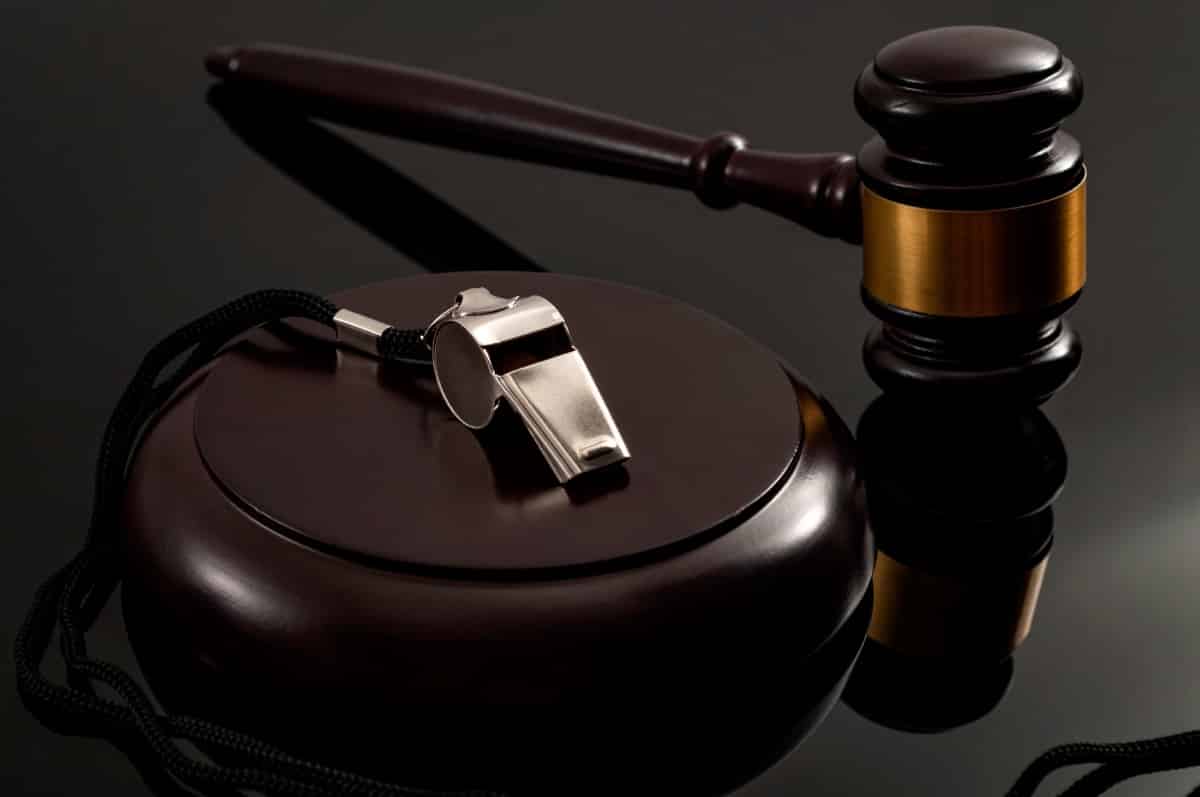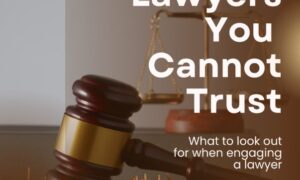Whistleblowers play a critical role in upholding integrity within both government and private organizations. By exposing fraud, waste, abuse, and other misconduct, they help maintain transparency and accountability. However, taking a stand against wrongdoing—especially within the federal government or large institutions—can lead to significant personal and professional risks. This is where a federal employment lawyer becomes essential in safeguarding whistleblower rights, especially in the context of federal employment in attorney roles.
Understanding Whistleblower Protections
Whistleblower protections are designed to shield individuals who report illegal or unethical conduct from retaliation. These protections are especially robust in the federal sector, thanks to laws such as the Whistleblower Protection Act (WPA), the Whistleblower Protection Enhancement Act (WPEA), and various agency-specific statutes. Employees in attorney positions within federal agencies often handle sensitive and high-stakes information, making them particularly vulnerable if they choose to speak out.
Retaliation against whistleblowers can take many forms—termination, demotion, harassment, or professional blacklisting. A federal employment lawyer specializes in understanding and navigating the complexities of these protective laws to defend their clients from such outcomes.
Why Legal Representation Matters
Federal employment lawyers provide more than just legal advice—they act as strategic partners for whistleblowers throughout the entire process. Here’s how they play a pivotal role:
- Evaluating the Case
Not every complaint qualifies as protected whistleblowing. A seasoned federal employment lawyer can assess whether the reported misconduct falls under federal whistleblower statutes, ensuring that the individual’s disclosure is legally protected. - Navigating the Legal Process
The process of filing a whistleblower complaint, whether through the Office of Special Counsel (OSC), Merit Systems Protection Board (MSPB), or an internal agency office, can be legally intricate. Lawyers guide their clients through these procedures, ensuring compliance with deadlines and documentation requirements. - Preventing Retaliation
One of the most critical aspects of legal representation is the proactive prevention of retaliation. Lawyers can request protective orders, negotiate with agency officials, and advocate for alternative work arrangements if necessary. - Litigating Retaliation Claims
If retaliation has already occurred, a federal employment lawyer is instrumental in building a strong legal case. This includes gathering evidence, interviewing witnesses, and presenting the claim before administrative bodies or federal courts. - Securing Remedies
Successful whistleblower cases can result in reinstatement, back pay, compensatory damages, and attorney’s fees. Lawyers fight to ensure their clients receive the full range of remedies available under the law.
Unique Challenges for Federal Attorneys
Federal attorneys—those working in roles such as Assistant U.S. Attorneys, agency legal counsel, or administrative law judges—face unique challenges when acting as whistleblowers. Ethical obligations, confidentiality rules, and national security considerations can complicate disclosures. An experienced federal employment lawyer understands these nuances and can guide clients in making protected disclosures without breaching professional standards.
Moreover, the stakes are often higher for attorneys. Their careers can hinge on reputation and professional credibility, making it all the more vital to have skilled legal counsel when deciding to report misconduct.
Choosing the Right Lawyer
When selecting a federal employment lawyer, whistleblowers should look for professionals with a strong track record in federal sector cases, deep familiarity with whistleblower laws, and sensitivity to the unique pressures faced by attorneys. Personalized legal strategies, discretion, and zealous advocacy are essential traits of effective counsel in these situations.
Conclusion
The role of a federal employment lawyer is indispensable in protecting the rights of whistleblowers, particularly those in attorney positions. These legal professionals offer critical support at every stage—from initial consultation to final resolution—ensuring that the truth can be told without jeopardizing careers or personal well-being. As whistleblowers continue to be the backbone of ethical governance, strong legal representation remains their first line of defense.

































